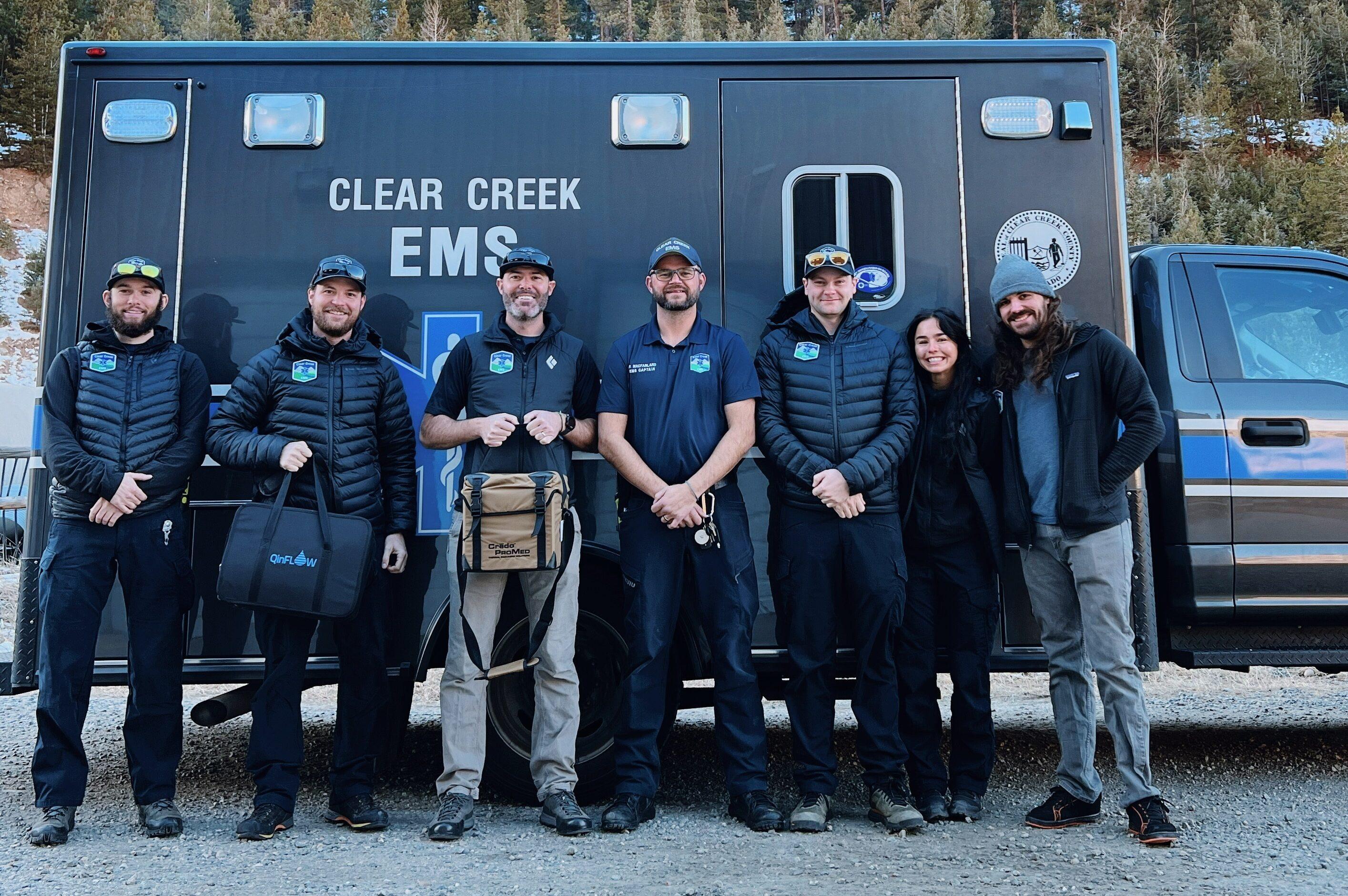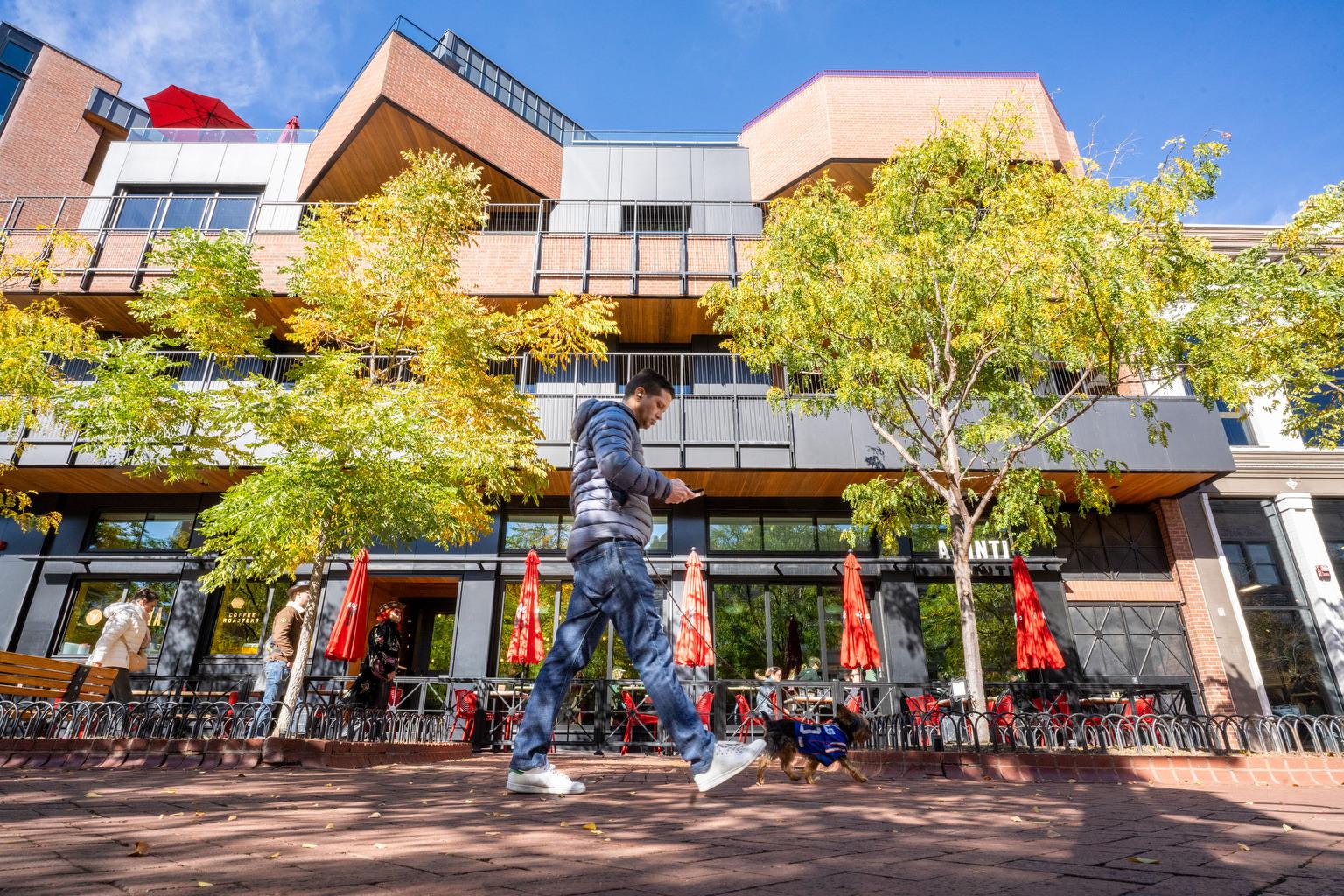
Protesters decrying hatred and racism converged around the country including Colorado on Sunday, saying they felt compelled to counteract the white supremacist rally that spiraled into deadly violence in Virginia.
The gatherings spanned from a march to President Donald Trump's home in New York to candlelight vigils in several cities. In Colorado, rallies were held Sunday in Denver, Durango, Fort Collins and Lafayette.
In Seattle, police made arrests and confiscated weapons as Trump supporters and counter-protesters converged downtown.
Some focused on showing support for the people whom white supremacists condemn. Other demonstrations were pushing for the removal of Confederate monuments, the issue that initially prompted white nationalists to gather in anger this weekend in Charlottesville, Virginia. Still other gatherings aimed to denounce fascism and a presidential administration that organizers feel has let white supremacists feel empowered.
"People need to wake up, recognize that and resist it as fearlessly as it needs to be done," said Carl Dix, a leader of the Refuse Fascism group organizing demonstrations in New York, San Francisco and other cities. "This can't be allowed to fester and to grow because we've seen what happened in the past when that was allowed."
"It has to be confronted," said Dix, a New Yorker who spoke by phone from Charlottesville Sunday afternoon. He had gone there to witness and deplore the white nationalist rally on a Saturday that spiraled into bloodshed.
In Seattle, a rally previously planned for Sunday by the conservative pro-Trump group known as Patriot Prayer drew hundreds of counter protesters.
A barricade separated the two groups as police officers stood by dressed in black riot gear. At one intersection, police ordered crowds to disperse.
The Seattle Times reported that officers used pepper spray on some marchers. It wasn't immediately clear how many people had been arrested.
Rev Timothy Tyler of historic Shorter Community AME church praying at Charlottesville rally pic.twitter.com/gq8gO5NKLR
In Denver, several hundred demonstrators gathered beneath a statue of the Rev. Martin Luther King Jr. in City Park and marched about two miles to the state Capitol. In Fort Collins, Colorado, marchers chanted "Everyone is welcome here. No hate, no fear." One demonstrator's sign said, "Make racists ashamed again." In Denver, several hundred demonstrators gathered beneath a statue of Martin Luther King Jr. in City Park and then marched about two miles west to the state Capitol as an afternoon thunderstorm brought a brief rain shower.
Crowd growing at Charlottesville rally in City Park pic.twitter.com/YmakJ4Rv1N
Protesters at a Durango intersection waved signs saying "Fight white supremacy" and "End racism." Demonstrators waved at motorists along a Lafayette street. One held a sign that said "Honk for peace!"
In a series of tweets on Saturday, Colorado’s Republican U.S. Sen. Cory Gardner said, “The hate being spewed in Virginia has no place in this country. It's deeply disturbing and un-American.”
“Praying for those hurt & killed today in Charlottesville. This is nothing short of domestic terrorism & should be named as such,” he added. And, “Mr. President - we must call evil by its name. These were white supremacists and this was domestic terrorism.”
Democratic U.S. Sen. Michael Bennet also tweeted on Saturday, “Today's attack is not the result of “many sides”— it's an act of domestic terrorism. @POTUS should explicitly denounce white supremacy.”
In New York, protesters marched from several locations in Manhattan to Trump Tower, demanding the president denounce white nationalist groups involved in the violent confrontations in Charlottesville. One sign read: "Call out evil."
Helen Rubenstein, 62, was among hundreds of people who marched through downtown Los Angeles. She said her parents were Holocaust survivors, and she's worried that extremist views were becoming normal under Trump's presidency.
"I blame Donald Trump 100 percent because he emboldened all these people to incite hate, and they are now promoting violence and killing," Rubenstein said.
Charlottesville descended into violence Saturday after neo-Nazis, skinheads, Ku Klux Klan members and other white nationalists gathered to "take America back" and oppose plans to remove a Confederate statue in the Virginia college town, and hundreds of other people came to protest the rally. The groups clashed in street brawls, with hundreds of people throwing punches, hurling water bottles and beating each other with sticks and shields.
Eventually, a car rammed into a peaceful crowd of anti-white-nationalist protesters, killing 32-year-old Heather Heyer. A Virginia State Police helicopter deployed in a large-scale response to the violence then crashed into the woods outside of town. Both troopers on board died.
A crowd gathered on the street where the crash happened for a vigil Sunday evening. They sang "Amazing Grace" and prayed around piles of flowers that mark the spot where Heyer was killed.
Prominent white nationalist Richard Spencer, who attended the rally, denied all responsibility for the violence. He blamed the counter-protesters and police.
Trump condemned what he called an "egregious display of hatred, bigotry and violence on many sides," a statement that Democrats and some of the president's fellow Republicans saw as equivocating about who was to blame. The White House later added that the condemnation "includes white Supremacists, KKK, neo-Nazi and all extremist groups."
Some of the white nationalists at Saturday's rally cited Trump's victory, after a campaign of racially charged rhetoric, as validation for their beliefs. Some of the people protesting Sunday also point to the president and his campaign, saying they gave license to racist hatred that built into what happened in Charlottesville.
"For those who questioned whether 'oh, don't call it fascism' ... this should resolve those issues," Reiko Redmonde, an organizer of a Refuse Fascism protest planned in San Francisco, said by phone. "People need to get out in the streets to protest, in a determined way."
CPR's Allison Sherry contrubited to this report.








